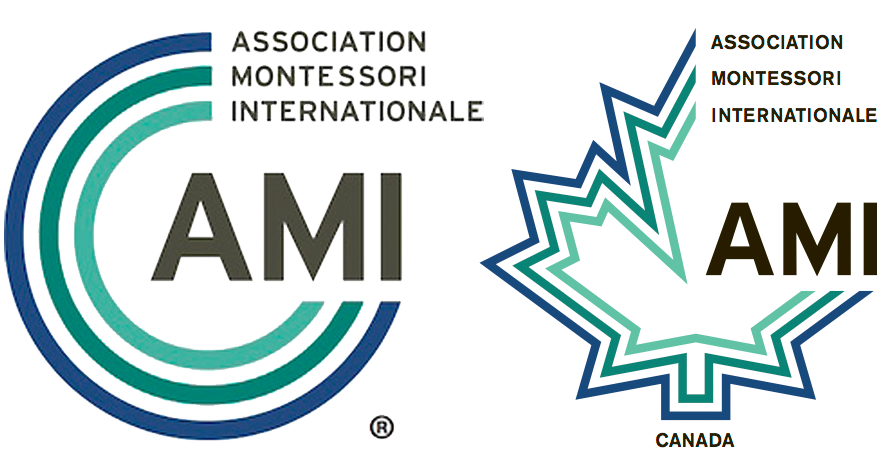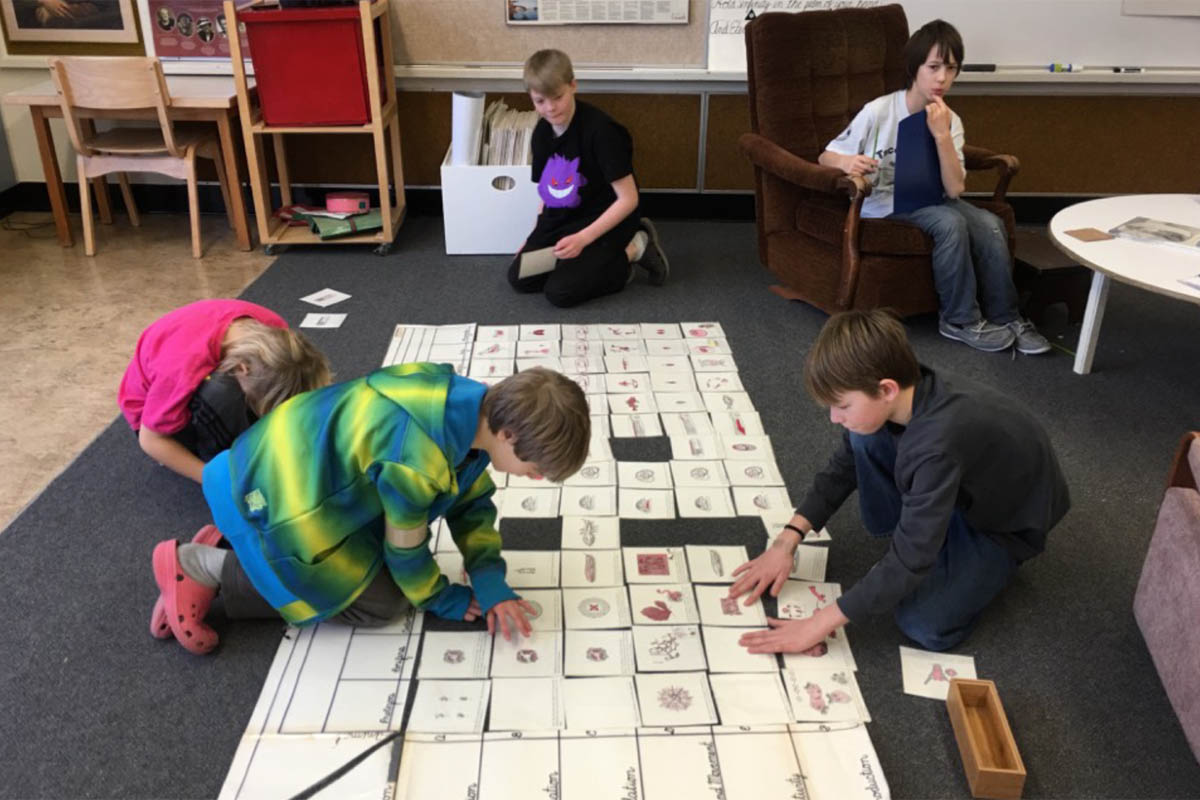"The Reasoning Mind of the Six to Twelve-year old"
The Reasoning Mind of the Six to Twelve-year old
The 'Reasoning Mind' is a Montessori phrase used to describe the period of brain development in an elementary child, aged 6 to 12 years. To be more specific Dr. Maria Montessori refers to the reasoning mind as a 'Mathematical Mind.' This becomes clear by observing elementary students while they seek out and easily accept the large equations, concepts, theories, measurements and facts presented to them in a Montessori classroom. "The elementary child can abstract, investigate, imagine, reason, create, calculate/measure with precision." Their reasoning mind wants to take the knowledge and experience acquired from their previous 'Absorbent Mind' and organize it to make sense. While a primary child has an absorbent mind and the adolescent has a self-absorbed analytical mind, our elementary child uses his/her developing mind to acquire knowledge, facts, and to find order in the world.If you have ever spent time with a child in the 'Absorbent Mind' period, you have experienced the bombardment of the Why? question, proving that a primary child can reason. As children enter the elementary years the bombardment of questions becomes Who?, What?, Where?, When?, How?, as well as, Why? This transition from five-year-old children and their mastery of the casa environment, to a Montessori Elementary classroom is remarkable, physically and intellectually. In the first months of elementary, teachers are often awed by the 'sudden' blossoming of interest and awareness of their new students. Montessori phrased this transition by stating, "If the changes produced during the first period are considered as growth, it may be said that veritable metamorphoses take place during this one." What has occurred is that everything, the absorbent mind acquired in the first six years prepared the student for the expansion of the reasoning mind. The students are ready. Ready for their minds to be opened to new experiences and information. They want facts, details, big ideas, little ideas, and opportunities to express their own ideas. Their reasoning minds are capable of imagination and distinguishing fantasy from reality.
Montessori uses the students' imagination and reasoning mind to fill their thoughts with reality. The elementary student wants and needs to find answers to their universe. Montessori describes this need by saying, "If the idea of the universe be presented to the child in the right way, it will do more for him than just arouse his interest, for it will create in him admiration and wonder, a feeling loftier than any interest and more satisfying. The child's mind then will no longer wander, but becomes fixed and can work." How much bigger is our sun compared to earth? How much salt is in our oceans and how did it get there? The reasoning mind can become interested in comparing the details of any planet or plant, then, getting out the telescope or microscope to look at previously unseen details.
Elementary students use their 'reasoning minds' for order and exactness; in discussing a story, participating in a class meeting, comprehending concepts in Mathematics and Geography or delving into an ancient civilization. When provided with a prepared environment, and observant adults these students become excited to research, explore and discover the world for themselves.

Montessori, M. (1948). From Childhood to Adolescence, 1,4.
Montessori, M. (1948). To Educate the Human Potential, 1,6.
Blog Posts
- 2022
- January 20, 2022
"Montessori Trench Talk" - 2021
- April 22, 2021
"Is Montessori for Everyone?" - 2019
- March 28, 2019
"The Reasoning Mind of the Six to Twelve-year old" - 2018
- August 9, 2018
"Fostering Independence" - September 1, 2018
"Respect for the Child" - December 20, 2018
"Nurturing the Absorbent Mind"



